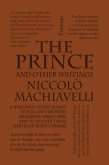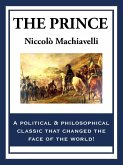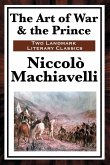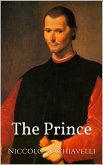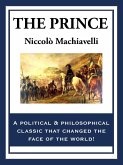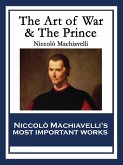Niccolò Machiavelli's 'The Prince' stands as a seminal work in political philosophy, exploring the complexities of power, governance, and human nature. Written in the early 16th century, this treatise adopts a pragmatic and often ruthless approach to statecraft, challenging the moralistic views of its time. Machiavelli's literary style is characterized by directness and clarity, employing historical examples to illustrate his arguments. The work delves into the balances of virtue and vice, the efficacy of deception, and the role of fortune, positioning itself firmly within the context of Renaissance humanism and the tumultuous political landscape of Italy. Machiavelli, born in Florence in 1469, was a diplomat and political thinker deeply influenced by the instability of Italian city-states during his life. His experiences, including imprisonment and exile, fostered a disillusionment with idealistic political theories, prompting him to advocate for realpolitik. 'The Prince' reflects his desire to provide pragmatic advice to rulers, drawn from both classical and contemporary sources, as a means of achieving stability and strength in governance. Recommended for students of political science, history, and philosophy, 'The Prince' invites readers to confront the uncomfortable truths of power dynamics. Its enduring relevance and provocative insights encourage critical reflection on leadership and ethics, making it essential reading for anyone grappling with the complexities of authority and morality in modern contexts.
Dieser Download kann aus rechtlichen Gründen nur mit Rechnungsadresse in A, B, BG, CY, CZ, D, DK, EW, E, FIN, F, GR, H, IRL, I, LT, L, LR, M, NL, PL, P, R, S, SLO, SK ausgeliefert werden.



